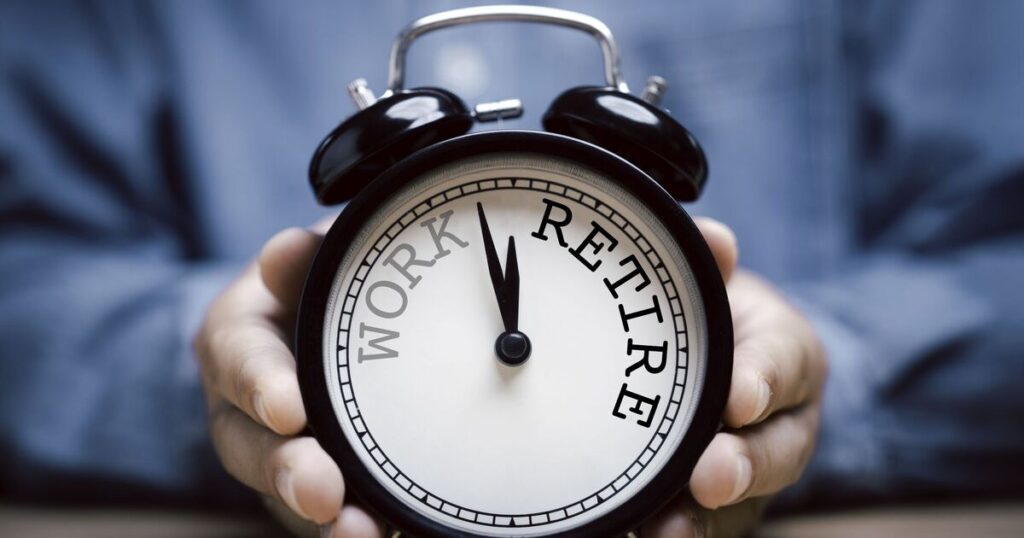
The countdown is on for millions born after 1960 as they get closer to their one-year delayed State Pensions. From 2026, the Government will begin pushing the State Pension age from 66 to 67, with the change fully rolled out by 2028.
It will impact both men and women born between May 6, 1961, and April 5, 1977, who will have to wait an extra year to get their payments, first mandated by the Pensions Act 2014. There’s another jump pencilled in for between 2044 and 2046, when the age could again rise to 68, but the Government has considered bringing this forward to between 2037 and 2039. Afull review will need to take place as the Government weighs up whether to proceed with the rise, and any changes will need sign-off from Parliament.
The State Pension age is reviewed at least every five years, taking into account life expectancy, economic pressures, and more recently, shocks like Covid-19 and soaring inflation.
The Department for Work and Pensions (DWP) will send official notifications in advance, giving people time to adapt their retirement plans.
These changes are attributed to keeping the pension system sustainable as people live longer and the population ages.
And it’s not just the State Pension age that’s changing – from 2028, the earliest age to access most private and workplace pensions will also rise from 55 to 57, in line with longer working lives.
The full new State Pension pays £11,973 a year – it rose by up to £460 a year (£8.80 a week) from 6 April 2025, under what’s known as the ‘triple lock’ guarantee.
It falls well below the £14,400 that Retirement Living Standards said was necessary for a single person to live a basic retirement lifestyle.
Money Saving Expert’s Martin Lewis previously warned that any rise may not help pensioners amid the Winter Fuel Payments losses, and most may not get the maximum increase.
Brits have been urged to boost their retirement savings through workplace schemes, personal pensions, or other investments.
 Latest World Breaking News Online News Portal
Latest World Breaking News Online News Portal






